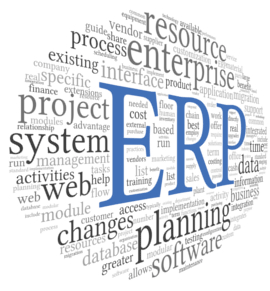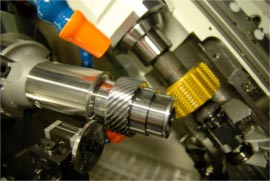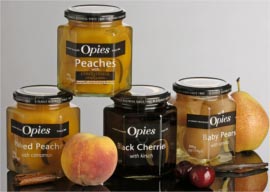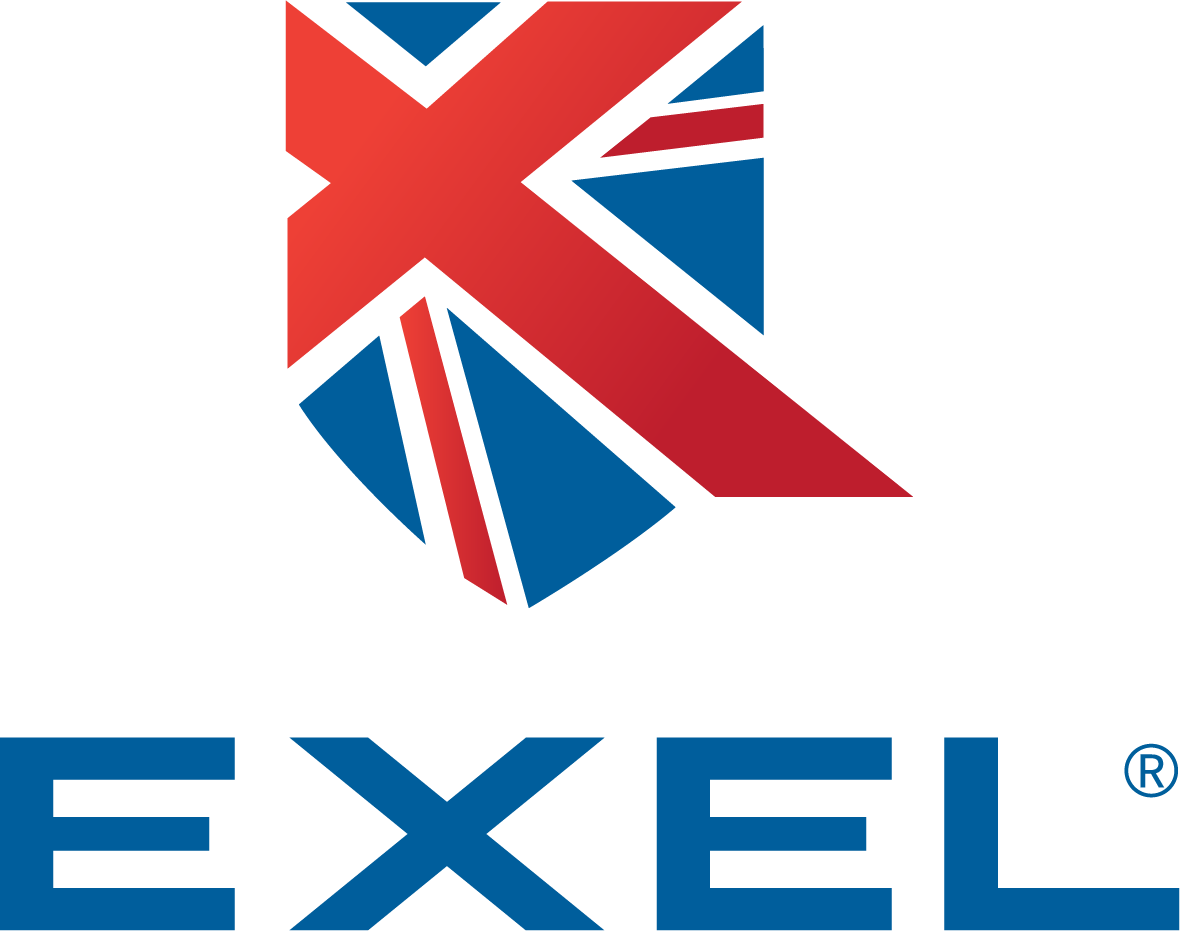News
ERP – What Should You Be Looking For?
With over 30 years’ experience of delivering tangible, real world benefits to manufacturers across most business sectors, leading UK ERP author Exel Computer Systems plc provides an insight into the most important factors manufacturers are taking into consideration when deciding on their ERP investment.

This needs to be set against an ERP sector which has seen wide ranging consolidation over the past decade, inevitably leaving manufacturers with fewer products and vendors from which to choose. Not only do many solutions now look similar, they often promise the same level of functionality. The functionality considerations most often sought include real time Key Performance Indicators (KPIs), Workflow Management, fully integrated Shop Floor Data Collection (SFDC), Field Service Management (FSM) capabilities and seamless integration up and down the supply chain. It goes without saying that the best solutions are expected to be built on the latest architecture and designed to be future-proof.
Faced with this, a growing number of manufacturers have made a high priority out of working with a UK author such as Exel. For some, such as Linecross, a full service supplier of innovative, high quality engineered polymer solutions, it was the decisive factor.
As Finance Director David Austin explains, “We quickly realised that most of the solutions we reviewed could probably do what we needed, which brought the focus onto the solution provider. An investment of this nature involves making a long term partnership/collaboration with a supplier, because once the system is in you are reliant on them if anything goes wrong. We didn’t want a system developed by a couple of guys in an office, nor did we want to deal with a large reseller of a US program developed in India. We wanted to work with a partner that shared our ethos, our approach and our passion for our business.”
He continues, “It was obvious from the outset that Exel not only was a similar size to ourselves but also shared many of the same values. It was as passionate about its own products as we are to ours, understood our business and was committed to developing its products on a long term basis. The fact Exel is also just down the road also helped,” adds Austin, “because if anything ever did go seriously wrong, I could be down there right away until I got it resolved.”
Another key consideration is investing in a system that provides class leading levels of customisation allowing the best possible fit not just with existing business processes but also the necessary flexibility and agility to adapt in the future as these business processes evolve.
While selecting a UK-based author and a flexible, customisable ERP solution are clearly important factors, so also is the ability to successfully implement this quickly, efficiently and with minimal disruption to the ongoing nature of the business. For some manufacturers, especially those without dedicated IT teams, this is mission critical because a disruption in day to day running could cause the company to go under. However, what works for one company won’t necessarily work for another, so what is central is the need for a flexible, reliable implementation approach that makes best use of the resource of both vendor and manufacturer.

For example, Ondrives Ltd, a precision manufacturer of gears, gearboxes, bearing housings and mechanical drive components, opted for a very specific, in-house, approach as Sales Director Andy Higgs explains. “I called Exel and told them we would be going live on April 1st 2011, which was only a matter of a few weeks away. I then told everyone involved at Ondrives they were going to have a headache for a few weeks.” And go live the company did, successfully, on April 1st, and while it undoubtedly was hard work, Higgs credits the success to “everyone pulling together, including the help we received from Exel.”
It was a totally different scenario with Bennett Opies, a leading manufacturer of quality pickles and preserves enjoyed across the world. Business Development Director Paul Fox explains why. “With Exel we knew we would be building a partnership directly with the authors of the software – those most knowledgeable about the system – and this proved invaluable during our implementation.” This was because of Opies’ recognition of the value of the right approach to training. Not only did senior management attend in-depth training at Exel’s dedicated training centre, Exel provided an onsite consultant that worked directly at a hands-on level with each EFACS user.

This had a much greater benefit than simply ensuring that the implementation went smoothly, as Fox explains. “Many times the Exel consultant would make suggestions about doing things differently which had a real impact on our overall business approach. This was exactly what we needed and as a result, we ended up with a business in much better shape than when we began and much better than we expected.”
Finally there are businesses which have more than just one company to take into consideration. As well as seamless inter-company communication, a key requirement here is accuracy and visibility of data not just at a company but group wide level. Leading manufacturers and suppliers of commercial building interiors, Laidlaw Interiors Group has first-hand experience of this. Generating sales of £130m from its 1500 staff in 35 locations in the UK and overseas, the group initially was selecting an ERP system for Komfort, one of the group companies with a £45m turnover.
Ian Govier is Head of IT & Business Systems for the group and explains just how important this was. “EFACS E/8 from Exel had been identified as the best ERP solution, not just for Komfort but for the entire group. At the heart of this decision was the fact that EFACS E/8 has a hierarchical framework structure ideal for individual companies working within a combined group. EFACS E/8 also provides a built-in workflow facility that enables companies to automatically interact with each other while the powerful customisation facilities make it possible for the same solution to be tailored to the specific needs of each company. Irrespective of what the user sees, everything across the entire group will ultimately be driven by EFACS E/8 in the backend.”
Modern ERP has evolved to the extent that many systems, if implemented correctly, now have the potential to interact with not just every area within a manufacturing enterprise, but increasingly outside the physical constraints of the business to suppliers and customers alike. While every manufacturer will have their own unique requirements, it is clear that to get the best from any ERP investment, companies need to recognise this and make any decision based on a holistic business perspective and not an IT, functionality-based set of considerations.
